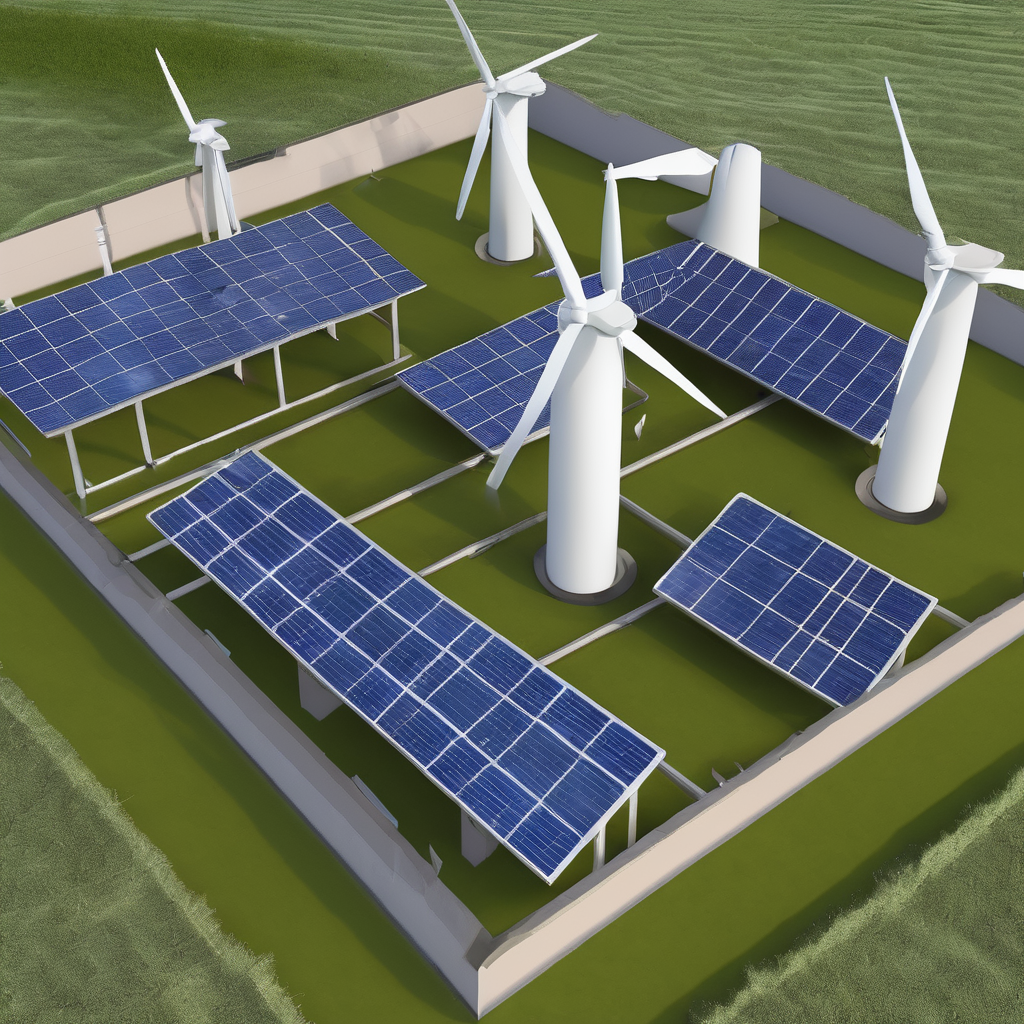Renewable energy sources have emerged as viable alternatives to traditional fossil fuels, offering a cleaner and more sustainable approach to meeting our energy needs. These sources, such as solar, wind, hydroelectric, geothermal, and biomass, harness natural processes or resources that are replenished over time. While the transition to renewable energy is crucial for mitigating climate change and reducing environmental impact, it is important to consider both the advantages and disadvantages of these energy sources. This essay will explore the pros and cons of renewable energy sources.
One of the primary advantages of renewable energy sources is their minimal environmental impact. Unlike fossil fuels, renewable energy technologies produce little to no greenhouse gas emissions, helping to reduce air pollution and combat climate change. They also have a significantly lower carbon footprint throughout their lifecycle, from extraction or capture to generation and disposal. Renewable energy sources are also abundant and widely distributed. Sunlight, wind, water, and geothermal heat are naturally replenished resources that are available in various regions globally.
Renewable energy sources also offer greater energy security and independence. By diversifying our energy mix and reducing reliance on fossil fuels, countries can become less vulnerable to price fluctuations, supply disruptions, and geopolitical tensions associated with fossil fuel imports. The renewable energy sector has the potential to create significant job opportunities and stimulate economic growth. Investments in renewable energy projects, such as solar and wind farms, can foster including manufacturing, installation, operation, and maintenance across economic sectors.
However, renewable energy sources may not be the ideal strategy to tackling worldwide energy problems and pollution due to some flaws involved. One of the main challenges of renewable energy sources is their intermittency and variability. Solar and wind power generation depends on weather conditions, which can vary and be unpredictable. This can result in fluctuations in energy output, requiring the integration of energy storage systems or backup power sources to ensure a steady and reliable electricity supply. Some renewable energy technologies also require significant land and resource utilization. Large-scale solar and wind farms, for example, may require vast land areas, which can have environmental and social implications. Hydroelectric projects can impact ecosystems and water resources, while biomass energy may compete with agricultural land and food production.
The cost for developing renewable energy sources is also incredibly high, which acts as a barrier to widespread adoption. However, it is important to note that the long-term operational costs and maintenance of renewable energy systems are generally lower than those associated with fossil fuel-based power plants. Renewable energy sources also aren’t absolutely eco-friendly and can also negatively impact the environment. For instance, large-scale hydroelectric dams can lead to habitat loss and alter natural waterways. The production and disposal of certain renewable technologies, such as solar panels and wind turbine blades, can also present environmental challenges if not managed properly.
In conclusion, renewable energy sources offer numerous benefits, but challenges related to intermittency, land use, initial investment costs, and potential environmental impacts need to be carefully considered and addressed. The continued development and deployment of renewable energy technologies, combined with effective policies and strategies, can help us transition to a more sustainable and clean energy future.







Leave a Reply